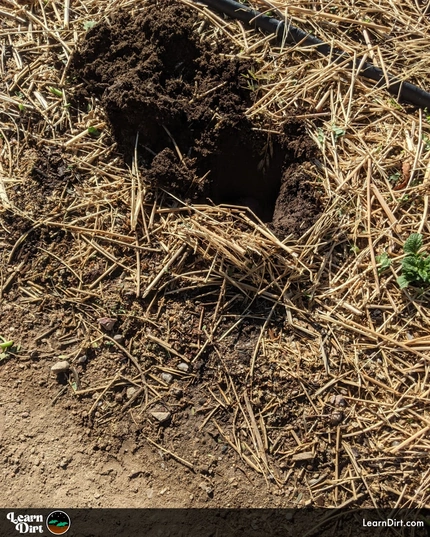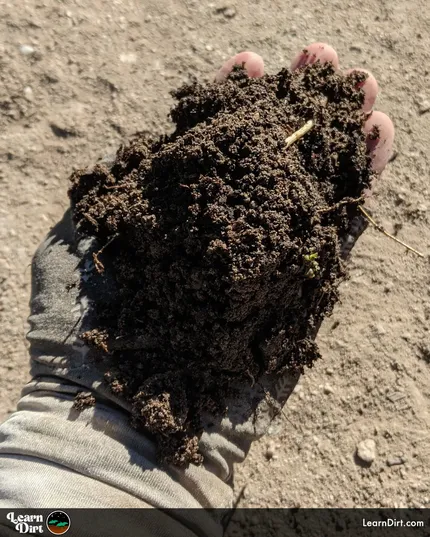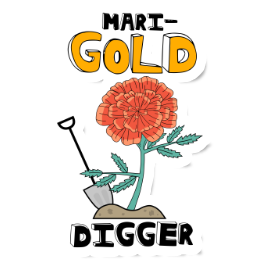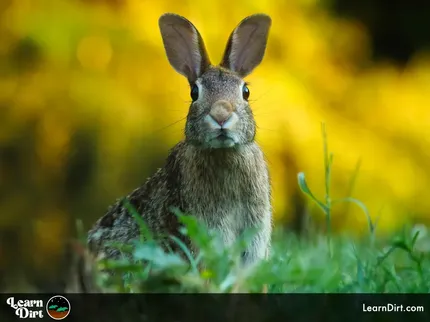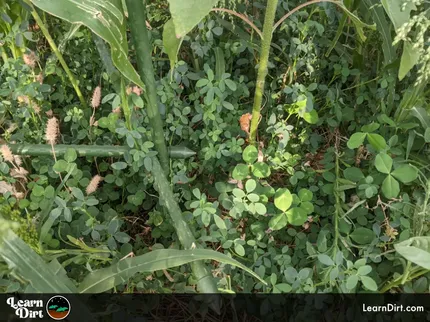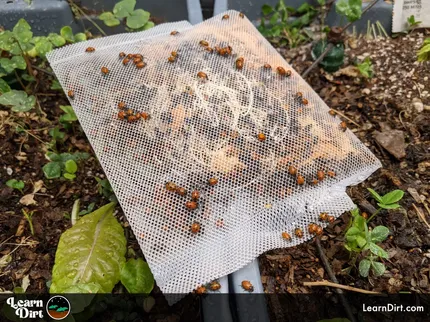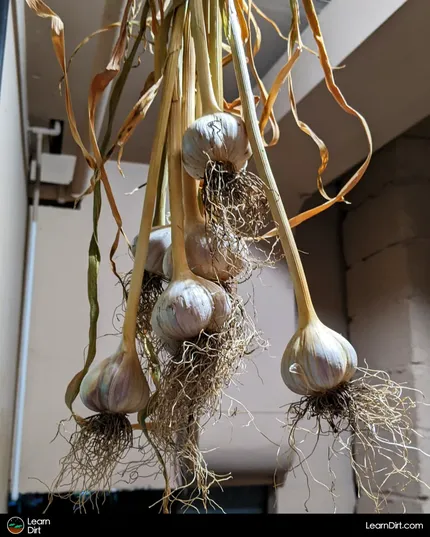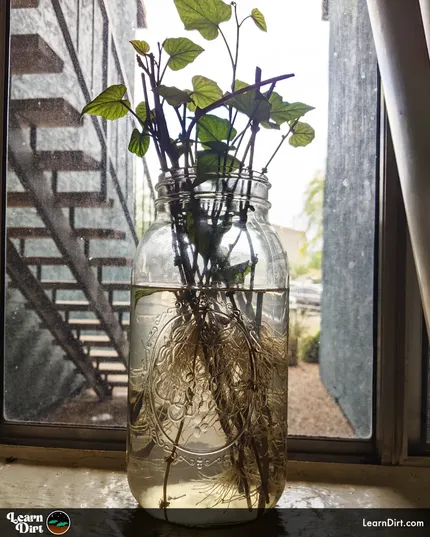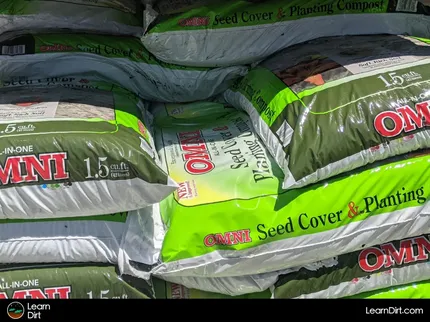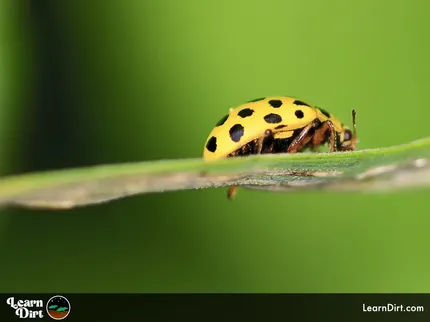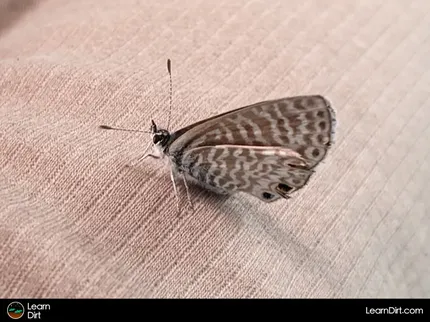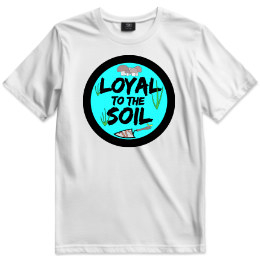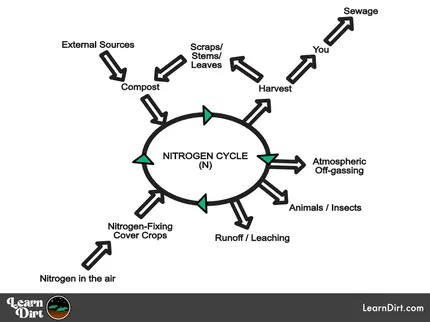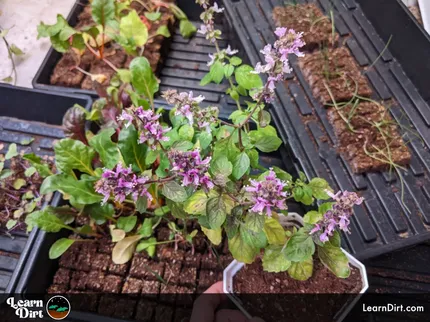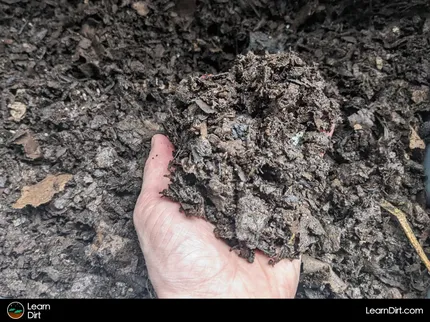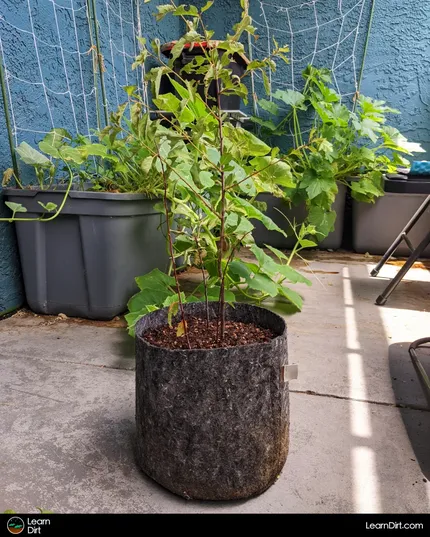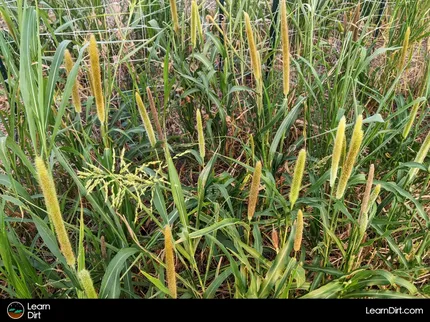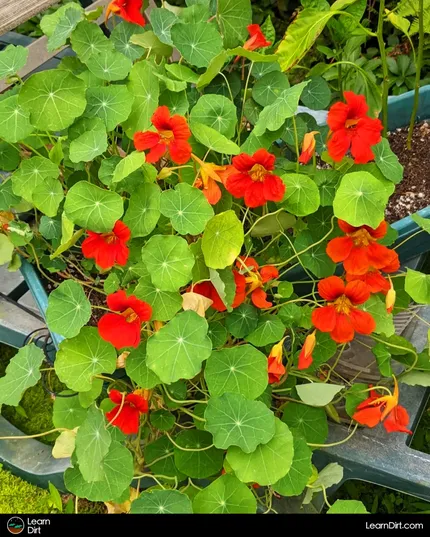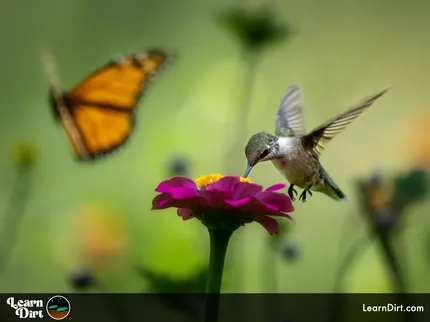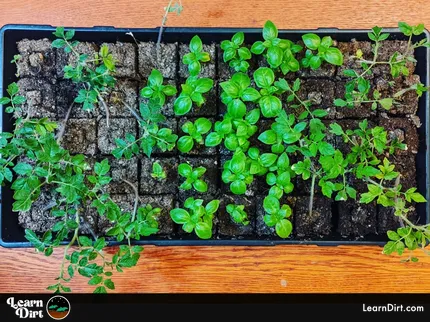Table of Contents
* Our articles never contain AI-generated slop *
If you're ready to take your garden to the next level, compost tea is the way to do it.
We'll cover what it is, why you should want to brew some, the recipe and process, as well as the applications for your compost tea once it's finished.
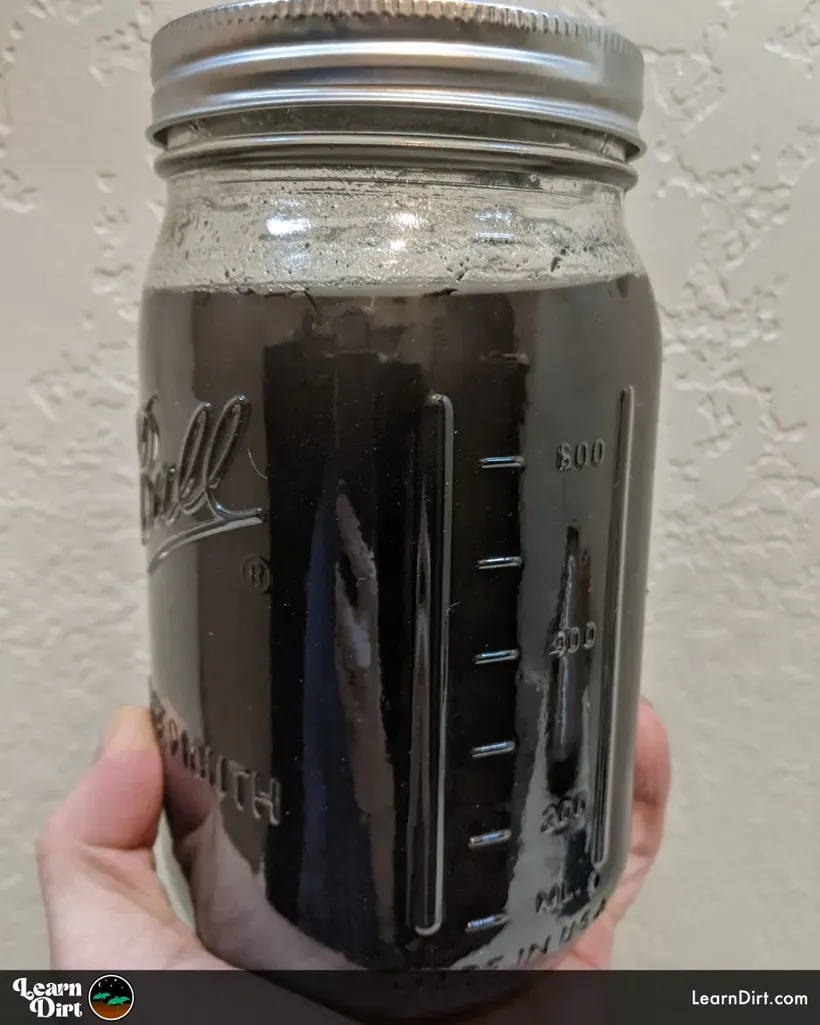
What Is Compost Tea?
First up, what's compost tea and what will it do for your garden?
Disclaimer: This post may contain affiliate links. Refer to the privacy policy for more information.
Glad you asked.
Compost tea is a combination organic nutrient solution and microbial inoculant.
It's pure gold, spawned from your compost pile, turned into an easy-to-apply liquid, encouraged to become as biologically active as possible, and then used to invigorate your whole garden.
Your plants will absolutely love it, and today is a great day to bubble up your first batch and get into compst tea brewing!
Compost Tea Recipe
Now for the good part - how do you actually make some of your own compost tea for your garden?
The process can happen at any scale, but follows roughly the same recipe whether you're making 1 gallon or 50.
Join The Grower's Community
A FREE, friendly forum
where you can ask questions,
swap tips, and meet like-minded growers 🌱
Check It Out!
We'll assume here that you're making a modest 5 gallons of the stuff to start, but adjust the recipe and supplies to fit your needs.
Setting Up Your Compost Tea Brew
To get started, gather the following materials:
- A 5-gallon bucket
- An air stone
- Compost (ideally, well-aged and rich in organic matter)
- Unsulfured molasses (food for the microbial party)
- A nut milk bag, or other fine filtering cloth which can be tied shut
- A chlorine/chloramine filter such as a Berkey / Brita / Pur (optional if using reverse osmosis water instead)
- Filtered (or RO) water with a pH of 6.5 (keep those microbes happy)
The Bubbling Process
- Fill the 5-gallon bucket halfway with filtered water, leaving plenty of space at the top for bubbling and expansion.
- Add a generous amount of compost to a mesh bag and tie it shut. You can also use cheese cloth or muslin cloth for this.
- Pour a couple spoonfuls of unsulfured molasses into the water.
- (This natural sweetener with minerals acts as a food source for the beneficial microorganisms, stimulating their growth and activity.)
- Attach the air stone to an air pump and sink the stone into your bucket, making sure it's fully submerged.
- The bubbles will oxygenate the water which is what aerobic bacteria need to thrive.
- Plunk your bag of compost into the water above the air stone, where the rising bubbles will hit it
- Cover with a towel or plastic wrap, to prevent any spray as bubbles form and pop
- Let the air stone run and wait at least 24 hours before using the compost tea
- Strain out and remove the mesh bag of compost and the air stone before utilizing the tea. If it smells funky and gross, your plants will love it! It should not smell good if you did everything correctly.
How to Apply Compost Tea
Once the brewing period is over, it's time to apply your freshly brewed compost tea to your garden.
DON'T FORGET to dilute the tea with water at a ratio of 1:10 (tea to water) to avoid "burning" your plants!
Compost tea can be incredibly concentrated, so dilute even further for smaller planters. Some folks say as little as 1:4 dilution, but I'm calling them out on having weak-baby compost. You heard me.
Use a watering can or a sprayer when applying compost teas in the garden.
You can also use your compost tea as a foliar spray applied directly to plant leaves. Leaves are very absorbent, and also benefit from microbial surface life. They're able to soak up nutrients from the compost tea, so don't hesitate to spray your leaves too.
I generally reserve this for plants which I don't harvest leaves from, or rainy seasons when I know my plants will be rinsed off after.
That's all for now, thanks for reading!
If you have any questions, comments, or would like to connect with fellow gardeners, head on over to the forum and post there.

